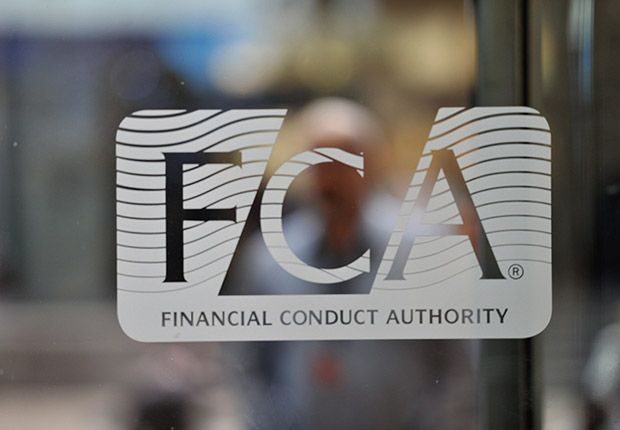The Financial Conduct Authority has set out plans to streamline its rules and lean more heavily on its wide-ranging Consumer Duty guidelines.
The City watchdog says: “We are relying on the Duty as much as possible rather than creating new prescriptive rules.
“So, embedding the Duty well across sectors is critical as it will help ensure that consumers are supported and will help avoid the need for future prescriptive regulation.”
The Consumer Duty, introduced in July 2023, covers the whole of the UK’s 60,000 regulated financial firms, including the mortgage industry’s roughly 100 lenders and 18,000 brokers and broker firms.
The FCA says: “We recognise different firms face different challenges. We want firms to take an approach that is proportionate to their size and to the activities they undertake. “Where appropriate, we’ll set out different approaches smaller firms could take.
The regulator has set out four priority areas for review of the Consumer Duty over the course of this year and 2026.
- Review of products and services outcome — How firms are designing products and services to meet customer needs, including those with characteristics of vulnerability
- Review of firms’ approaches to outcomes monitoring — How firms are responding to our outcomes monitoring requirements
- Review of firms’ customer journey design — Looking at the design and delivery of firms’ customer journeys to ensure customers’ needs are met, with a particular focus on how firms apply friction throughout the journey
- Review of the consumer understanding outcome — How firms’ communications are helping consumers make informed decisions
Within these areas, the body says it will also look at the fair value of small business current accounts.
It will study: “How small business banking firms’ current accounts are complying with the price and value, and consumer understanding outcomes.
“We’re reviewing responses and aim to feed back to firms involved by the end of 2025.”
The regulator adds that it wants “to understand how firms are improving consumer outcomes, we intend to carry out a handful of multi-firm projects to look at how the Duty is being embedded across sectors.
“We may ask for data, but only when we need it. And we’ll offer feedback where firms need help with implementation.”
The FCA, like all financial watchdogs, have been under pressure to cut red tape following a Mansion House speech by Chancellor Rachel Reeves last November, where she said that easing regulatory burdens on firms was an imperative to boost UK growth.
Disclaimer: This story is auto-aggregated by a computer program and has not been created or edited by finopulse.
Publisher: Source link







